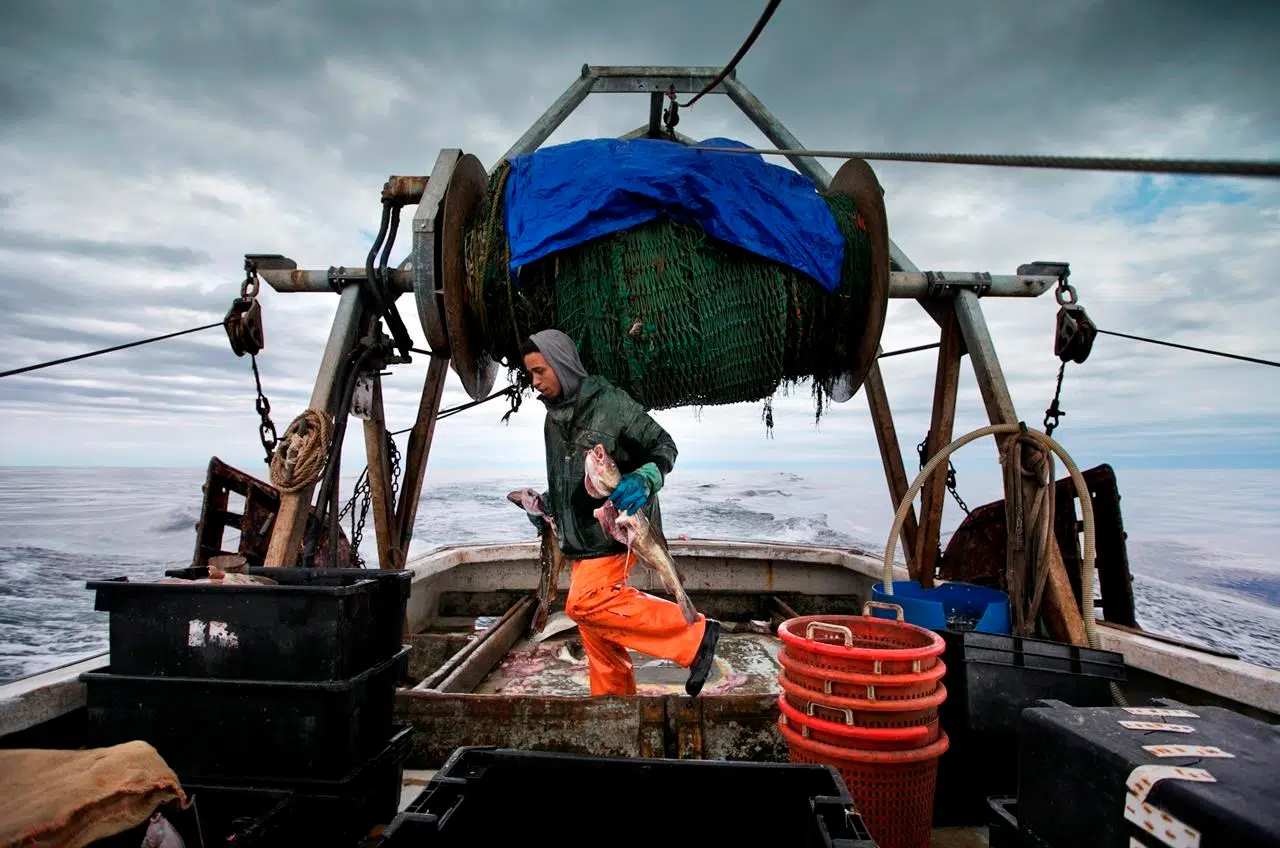
When judging BC’s job prospects, consider the Atlantic cod
LET’S START with an almost irresistible opening paragraph, a paragraph about cod, Atlantic cod for that matter. And if that hasn’t got you all excited about this week’s column, nothing will. But just in case it hasn’t created the expected desire to read more, let me suggest those big and ugly Atlantic cod could be trying to tell us something about life in Kamloops.
As a brief refresher, the Atlantic cod was the economic mainstay of the Maritimes. For hundreds of years, the fish sustained much of the old world and was located off what was to become our shores. A finite source of needed nutrition in a world that believed in neverending growth.
Then, in 1992 and too late to do anything effective response to the collapse of that cod fishery, the Canadian government declared a fishing moratorium. Through a combination of over-fishing, mismanagement and wilful ignorance, the industry had basically committed suicide. The population of this once vital fish had, by the early 90s, been reduced to one per cent of its historical levels.
Ignoring all evidence, forecasts and even common sense, industry and government, in the name of jobs, had gone to the brink and then beyond. In the process they destroyed an ecosystem, drove a species to the edge of extinction and killed the economy of Atlantic Canada.


